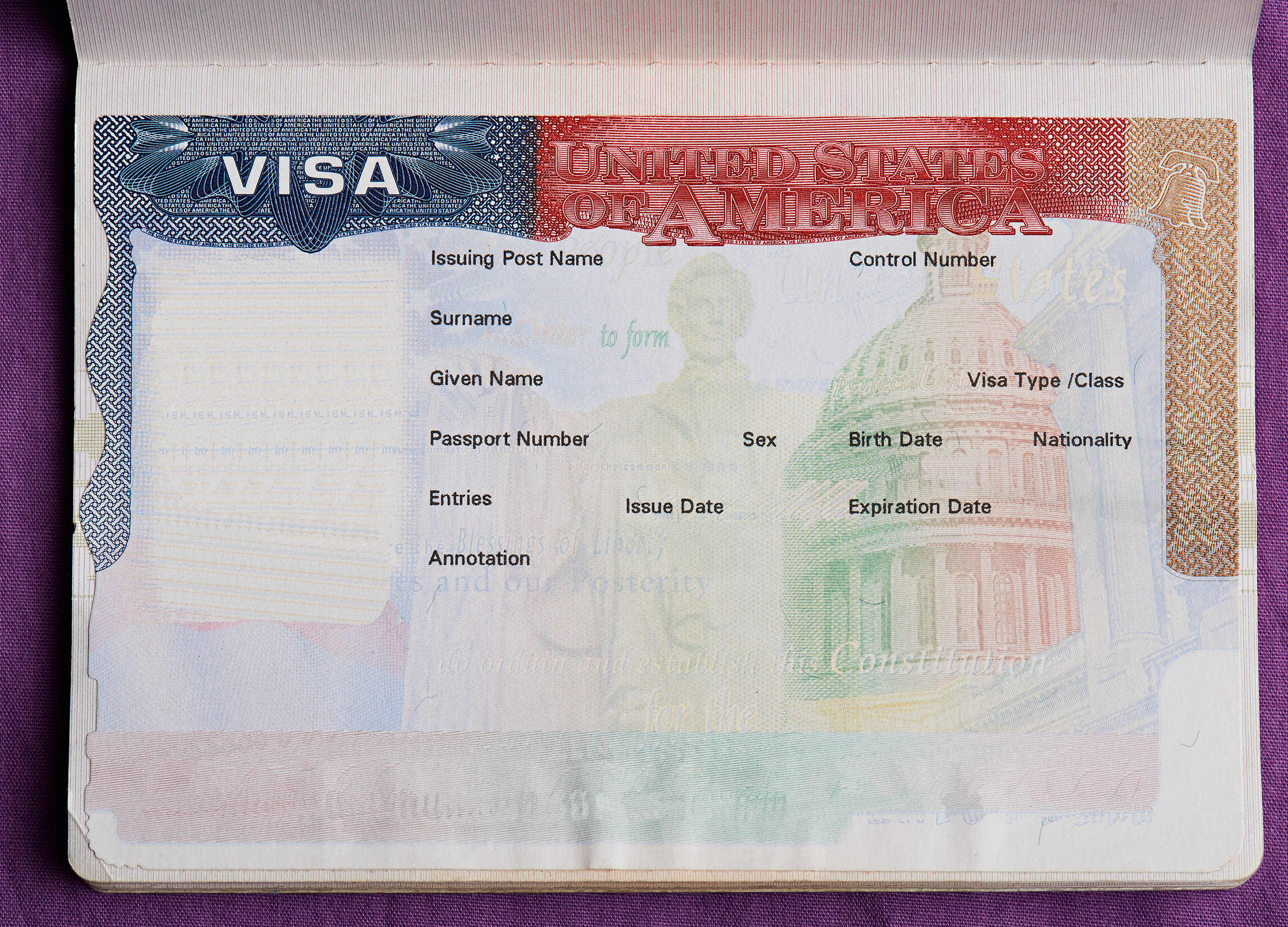The Texas Family Code is a comprehensive set of laws that govern family law matters in the state of Texas. Enacted in 1973, the Code contains provisions that cover a wide range of issues, including marriage, divorce, child custody, child support, adoption, and domestic violence. It is regularly updated by the Texas Legislature to reflect changes in society and legal precedent.
One of the most significant areas of the Texas Family Code is marriage. The Code sets forth the requirements for obtaining a marriage license, including age, residency, and other eligibility requirements. It also contains provisions related to the validity of marriages, including those entered into by minors, and the legal grounds for annulment or dissolution of a marriage.
The Texas Family Code also includes provisions related to child custody and support. In cases where parents are unable to agree on custody and visitation arrangements, the Code provides guidelines for the court to make a determination in the best interests of the child. Child support is also governed by the Code, which sets forth guidelines for determining the amount of support to be paid by one parent to the other.
The Code also addresses adoption, including the legal requirements for adopting a child, and the rights and responsibilities of adoptive parents. It establishes procedures for terminating parental rights, and provides protections for children who are the subject of adoption proceedings.
Another important area of the Texas Family Code is domestic violence. The Code provides for protective orders that can be issued by a court to protect victims of domestic violence from further abuse. These orders can require an abuser to stay away from the victim, and can also address issues related to child custody and support.
In addition to these areas, the Texas Family Code covers many other issues related to family law, including property division in divorce, paternity testing, and the rights of grandparents in custody and visitation matters.
Overall, the Texas Family Code is a crucial tool for attorneys, judges, and families in the state of Texas. It provides a clear framework for resolving family law disputes, and helps to ensure that the best interests of children are protected. As society and legal precedent continue to evolve, the Texas Family Code will continue to be updated and revised to reflect these changes, ensuring that it remains a relevant and effective set of laws for years to come. Want to learn more about the Texas Family Code? Contact the Law Firm of Solomon Musyimi today!














